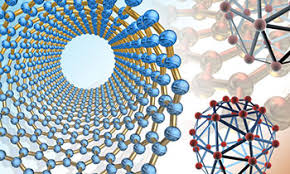Mechanical and Materials Engineering, Department of

Department of Mechanical and Materials Engineering: Faculty Publications
Document Type
Article
Date of this Version
2017
Citation
npj Computational Materials (2017) 3:24 ; doi:10.1038/s41524-017-0030-2.
Abstract
Intermetallic precipitates are widely used to tailor mechanical properties of structural alloys but are often destabilized during plastic deformation. Using atomistic simulations, we elucidate structural instability mechanisms of intermetallic precipitates associated with dislocation motion in a model system of Al2Cu. Interaction of non-coplanar <001> dislocation dipoles during plastic deformation results in anomalous reactions—the creation of vacancies accompanied with climb and collective glide of <001> dislocation associated with the dislocation core change and atomic shuffle—accounting for structural instability in intermetallic Al2Cu. This process is profound with decreasing separation of non-coplanar dislocations and increasing temperature and is likely to be operative in other non-cubic intermetallic compounds as well.
Included in
Mechanics of Materials Commons, Nanoscience and Nanotechnology Commons, Other Engineering Science and Materials Commons, Other Mechanical Engineering Commons


Comments
© The Author(s) 2017. Open Access This article is licensed under a Creative Commons Attribution 4.0 International License.